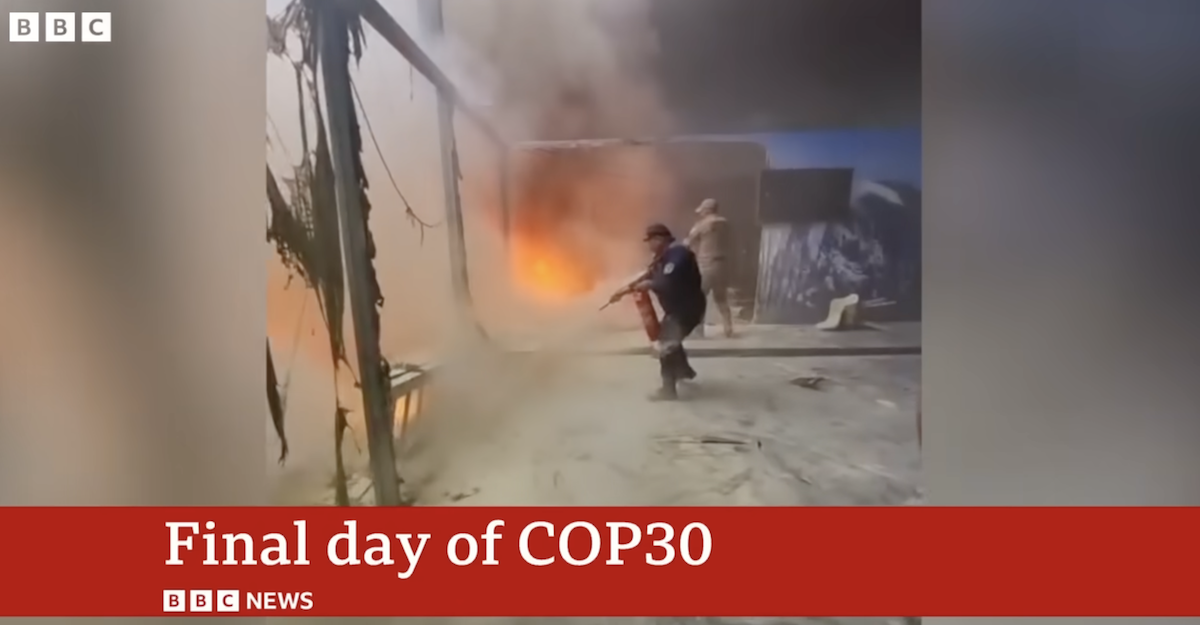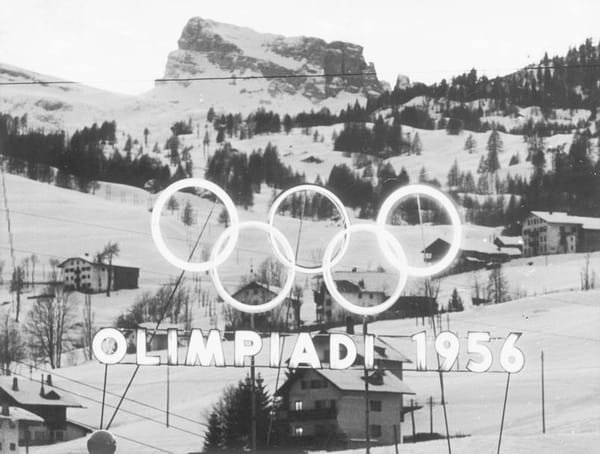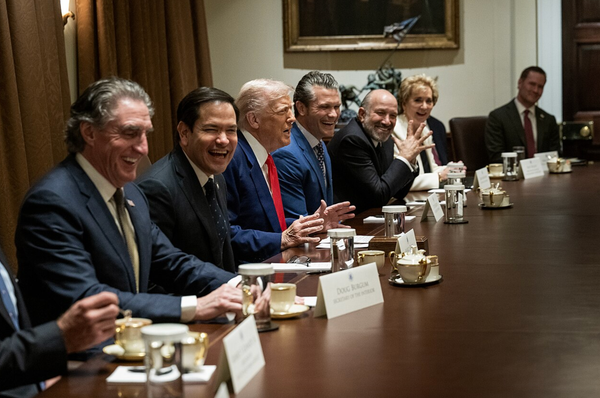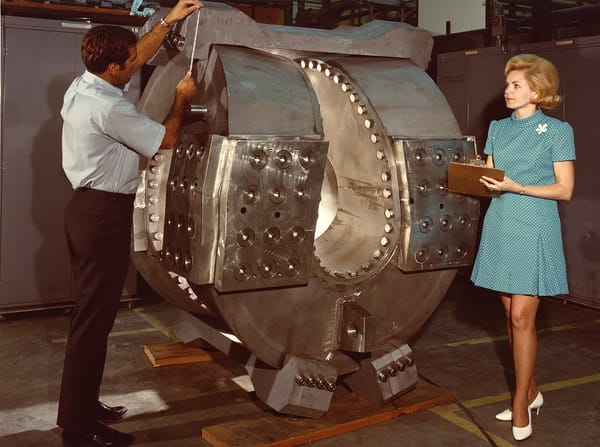The UN Climate Process Still Doesn't Understand the Assignment
The original sin of the UN's work was to fail to center coal, oil, and gas as the primary villains in the entire enterprise.

This post is free so please share widely! And please consider subscribing to support independent writing and reporting, or sign up for the free newsletter at the bottom of this post.
A few paragraphs into the New York Times wrap-up of COP30, the UN's annual climate conference that just concluded in Belém, Brazil, we arrive at the following:
Oil-producing countries like Saudi Arabia were adamant that their key export not be singled out.
This was offered as diagnosis for what is widely being viewed as a failure of a COP, an agreement that at best treads water and viewed a certain way is a legitimate step backwards. It is also completely insane.
This is, as the name reveals, the thirtieth version of the UN talks. It took until the 28th, in Dubai a couple of years ago, for the world to agree that "transitioning away" from fossil fuels might be a good idea. The petrostates' contention that their economic lifeblood "not be singled out" is essentially a refutation of the entire purpose of these meetings: climate change is caused primarily by the burning of fossil fuels; the COPs are intended to fix climate change; the COPs are thus intended to stop the burning of fossil fuels. The world's most infuriating QED.
It was perhaps inevitable, given international negotiations' demand for consensus, but it is almost tautologically apparent that the original sin of this UN process was to fail to center coal, oil, and gas as the primary villains in the entire enterprise. And in fact, the founding documents go out of their way to make the next 30 years of relative stagnation a reality. The original 1992 UN Framework Convention on Climate Change insists that all countries give special consideration to how potential mitigation measures might impact, in particular, "Countries whose economies are highly dependent on income generated from the production, processing and export, and/or on consumption of fossil fuels and associated energy-intensive products." In other words, please don't upset the poor petrostates!
As a result, we have spent 30 years trying to arrive at the place we should have started: that fossil fuels must go. We have to stop looking for more of them, stop drilling and digging them up, stop burning them. This was a fundamentally obvious fact from the start. Another way to say this is that we absolutely fucking should "single out" Saudi Arabia's key export.
Meanwhile, even the people ostensibly on the right side of the issue can't find right words. "We are not fighting fossil fuels, we are fighting the emissions from fossil fuels," said European Commission President Ursula von der Leyen said at a press conference last week, in a feat of absurdism. This is like fighting gun violence by saying the real villain is gunshot wounds. She said this just a day after a literal fire broke out inside the pavillion at COP30, prompting a full evacuation and sending 13 people for treatment for smoke inhalation and some mirthless deity straight to metaphor jail.
The US, the world's biggest cumulative greenhouse gas emitter and world's biggest producer of oil and gas, sat out the talks, of course; instead, Trump decided this was the best time to host Mohammed bin Salman at the White House and lash out at journalists who dared to ask about the Saudi leader's murder of Jamal Kashoggi, and to announce the opening up of an area literally more than half the size of the US itself to potential offshore oil and gas drilling.
I asked a couple of weeks ago what good these conferences are when so many lobbyists and representatives from oil and gas companies are free to wander their halls and even participate in negotiations. Their fingerprints ended up all over the final texts out of Brazil, where even the tepid COP28 "transition" language seems to have disappeared — the primary document does not mention fossil fuels at all. There were calls, from close to 90 countries, for the COP to produce a "roadmap" away from the dirty stuff, but that eventually failed to materialize. The good news, such as it is, is that Colombia and the Netherlands announced they will co-lead a separate roadmap effort, starting with a first meeting in April of next year — an admission, perhaps, that the UN process is simply not capable of producing the sort of action the problem requires. If that's true, it would be nice to have these 30 years back.




